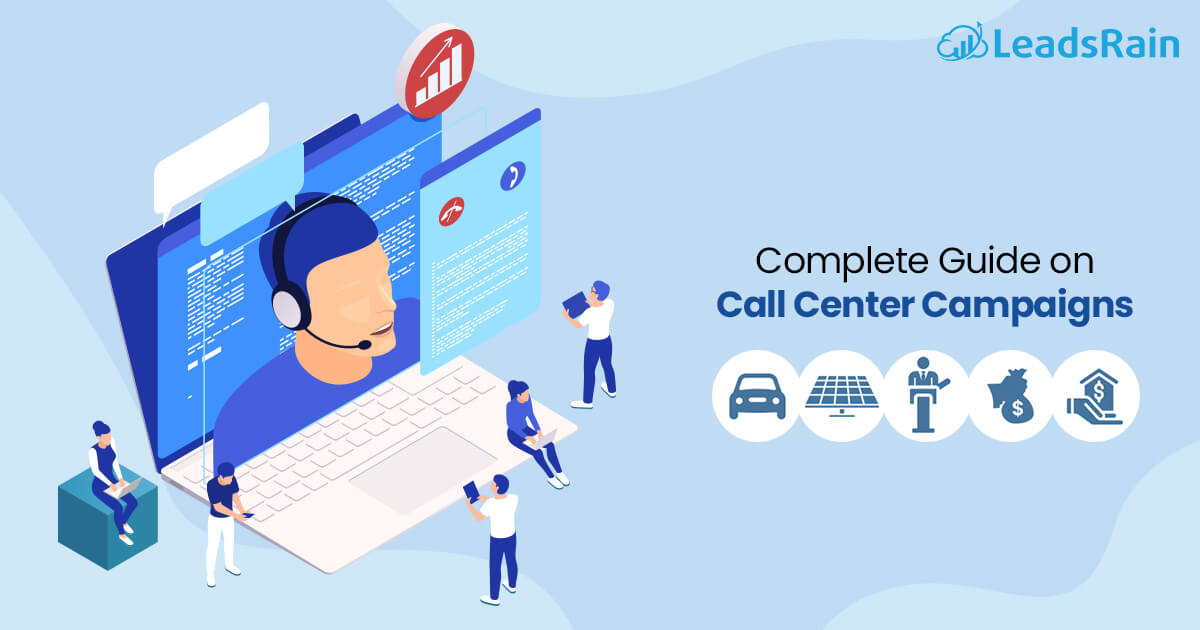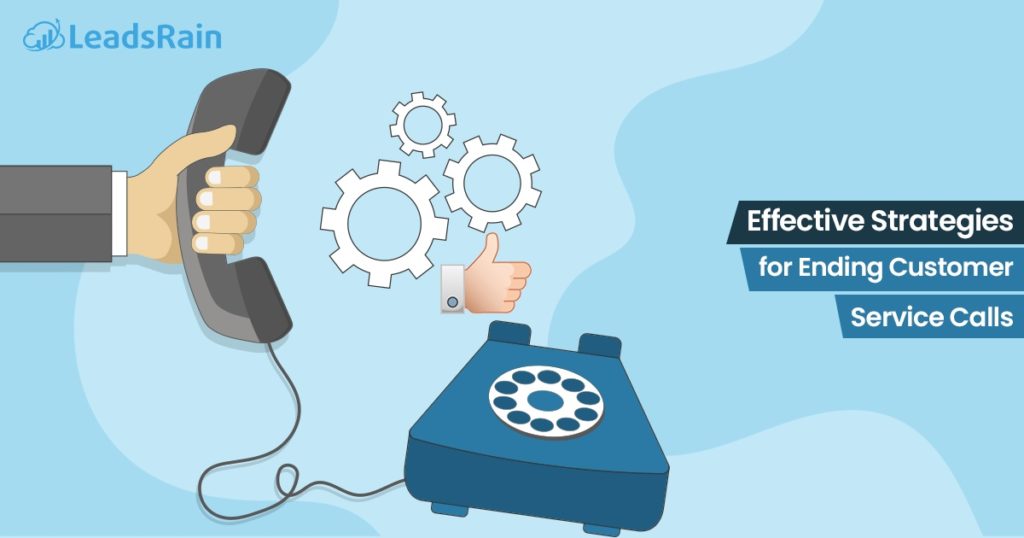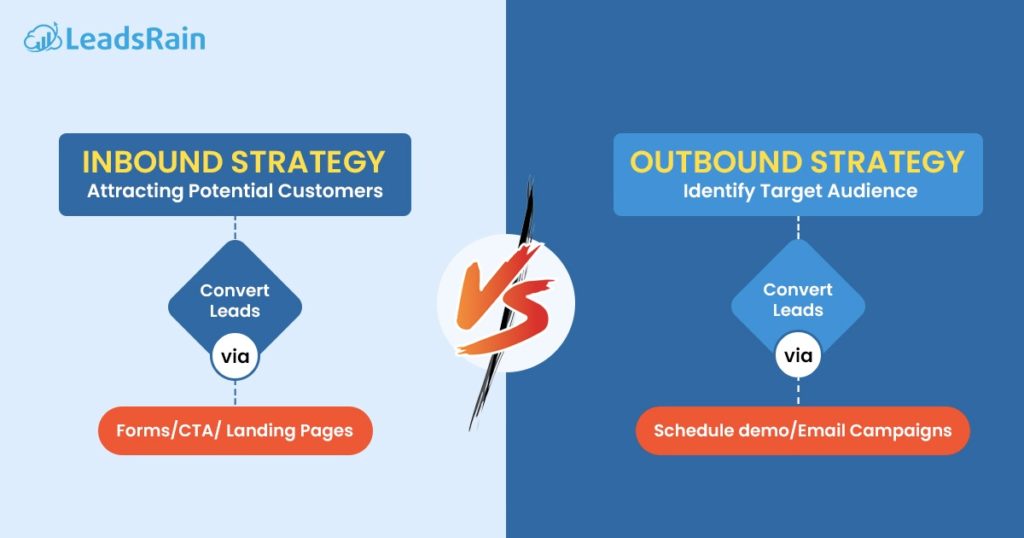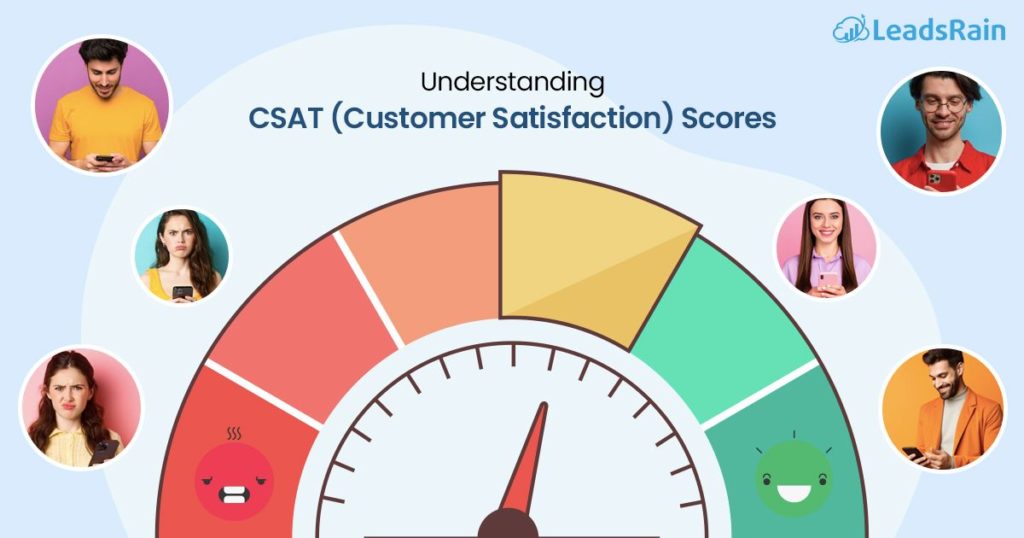In today’s fast-paced business environment, call center campaigns have become an essential tool for organizations to engage with customers effectively. In this blog, we will explore the top industry-specific call center campaigns and the types of campaigns that have proven to be highly successful in delivering outstanding customer experiences, generating leads, and enhancing overall business performance.
Call Centre Campaign: What Is It?
Call center campaigns refer to strategic marketing or sales initiatives carried out by call centers. These campaigns are designed to achieve specific goals, such as generating leads, acquiring new customers, upselling or cross-selling products/services, conducting market research, or providing customer support.
In a contact center campaign, a team of skilled agents is dedicated to making outbound calls or receiving inbound calls, depending on the nature of the campaign. They follow scripted or guided conversations to engage with customers or prospects, address their needs, provide information, resolve issues, or promote products/services.
Ultimately, campaign calling centers are a powerful tool for businesses to engage with customers, drive sales, and gather valuable insights to improve their products or services.
Outbound call center campaigns
An Outbound call center campaign is a proactive approach where call center agents initiate outbound calls to reach potential customers, leads, or existing clients. Outbound campaigns are commonly used for sales, market research, lead generation, and telemarketing purposes. The effectiveness of outbound call center campaigns lies in their ability to directly reach out to the intended audience, allowing businesses to control the conversation and tailor their messaging to meet specific objectives.
Top 8 Call Center Campaigns With Industry Examples
Are you seeking an effective and targeted approach to enhance your business’s customer engagement? Our “Top Industry Call Center Campaign” offers a tailored solution to connect with your customers meaningfully.
1. Travel and hospitality
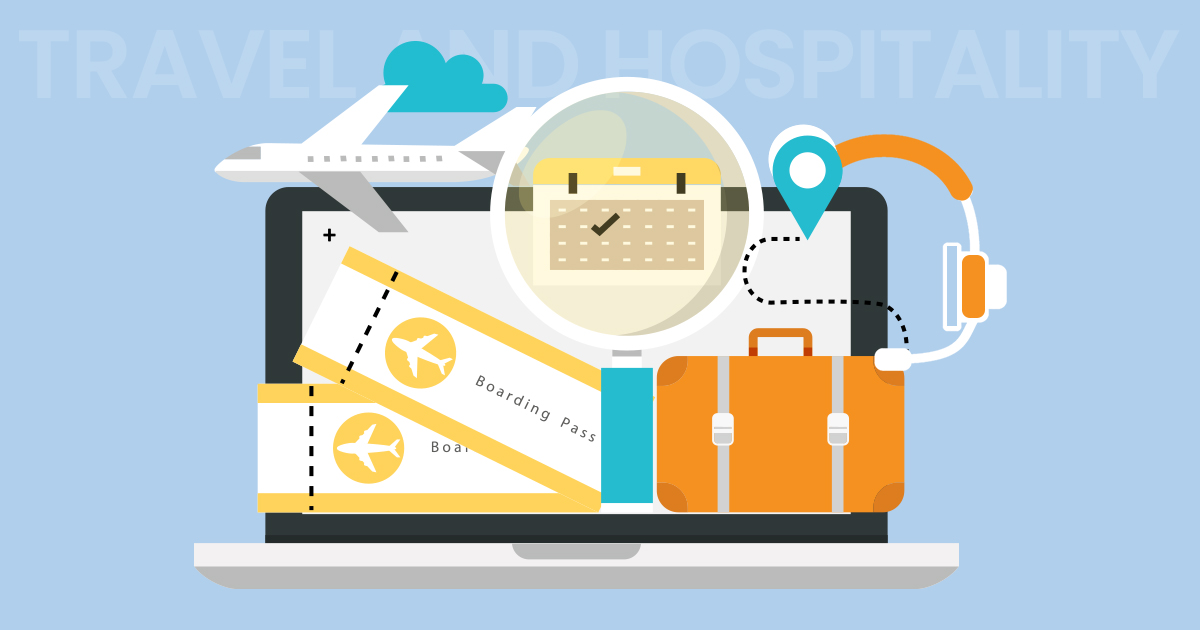
A travel and hospitality contact center campaign is a customer service initiative that assists individuals with their travel-related needs. The campaign involves a team of dedicated agents trained to provide callers with information, support, and guidance.
Types of campaigns for Travel and hospitality
1. Customer feedback campaigns
These campaigns aim to collect customer feedback about their travel experiences by using voice broadcasting or a tele-survey tool. Agents reach out to customers after their trips, offering surveys or conducting interviews to gather insights on areas for improvement, customer satisfaction, and suggestions for future enhancements.
2. Loyalty program campaigns
These campaigns are designed to promote and encourage customer loyalty. Agents inform customers about loyalty programs, help them enroll, answer queries related to membership benefits, and assist with redeeming rewards or points.
3. Travel information campaigns
These campaigns provide customers with up-to-date information related to travel destinations, visa requirements, safety tips, local attractions, and events. Agents act as travel advisors, offering valuable insights and helping customers plan their itineraries.
4. Travel insurance campaigns
Agents in these campaigns educate customers about the importance of travel insurance, provide information on coverage options, and assist with policy selection and purchase. They also handle insurance claims and address any concerns related to coverage.
5. Reservation and booking campaigns
These campaigns focus on assisting customers with making reservations and bookings for flights, hotels, car rentals, and other travel-related services. Agents help customers find the best deals, check availability, and provide personalized recommendations.
# Example of a “vacation campaign”
“Unwind and Explore: Your Ultimate Vacation Awaits!”
Our campaign showcases breathtaking destinations, luxurious accommodations, and unforgettable experiences. From relaxing beach gateways to thrilling adventures, we’ll curate your perfect vacation. Book now for exclusive deals, personalized itineraries, and exceptional service. Let us create memories that last a lifetime!
Pros
The travel and hospitality industry contact center campaign brings numerous advantages for both travelers and businesses. It offers unparalleled customer service. The call center campaign can offer multilingual support. Their personalized approach fosters better understanding, building stronger connections between the businesses and their customers. So, let’s find out some pros of this type of industry using campaign calling centers;
- Increased brand visibility
- Targeted marketing
- Customer loyalty and repeat business
- Competitive advantage
- Boost in bookings and revenue
Cons
While this industry along with customer outreach campaigns brings many benefits, there are a few potential drawbacks to consider. Below mentioned points below can lead to frustration and a less satisfactory customer experience. By addressing these concerns proactively, businesses can minimize the negative impact and ensure a more seamless customer experience. Let’s have a look at some cons of the travel and hospitality industry;
- High competition
- Seasonal fluctuations
- Negative feedback
- Evolving customer preferences
- Managing customer expectations
2. Insurance
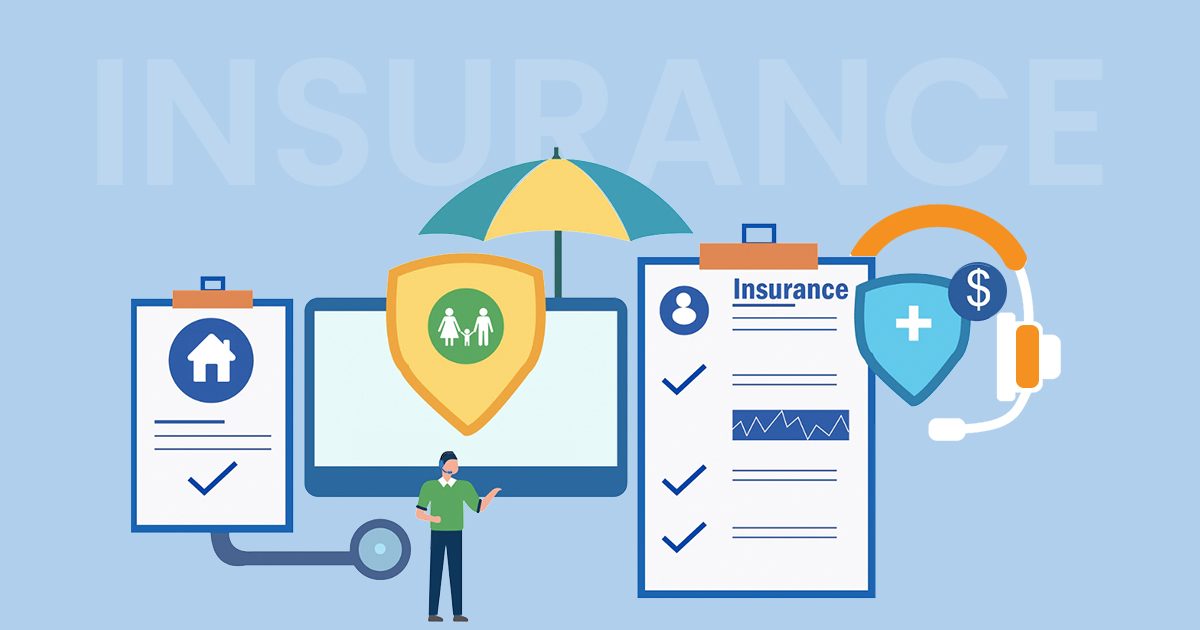
The insurance lead generation campaign in the call center is a marketing initiative focused on providing customer support and assistance related to insurance services through phone calls. It involves a team of trained agents who handle incoming customer calls, answer their queries, provide information about insurance policies, and assist with claims.
Types of Campaigns for the Insurance Industry
1. Direct mail campaigns
In this type of campaign, insurance companies send targeted mailings to a specific audience. These mailings can include personalized offers, policy information, or promotional materials. Direct mail campaigns can be a great way to reach potential customers who prefer traditional communication methods.
2. Community engagement campaigns
Insurance companies often participate in community events and initiatives to build trust and establish themselves as reliable partners. These campaigns may involve sponsoring local events, supporting charitable causes, or organizing educational workshops on insurance-related topics. Insurance companies can create positive brand associations and generate word-of-mouth referrals by actively engaging with the community.
3. Referral campaigns
Insurance companies sometimes run campaigns that reward existing customers for referring new customers. These campaigns typically offer incentives, such as discounts or cash rewards, to customers who successfully refer friends, family members, or colleagues to purchase insurance policies.
4. Customer retention campaigns.
These campaigns target existing policyholders and encourage them to renew their policies or upgrade their coverage. Insurance companies often provide incentives, such as discounts or additional benefits, to entice customers to stay with them.
5. Product-specific campaigns.
These campaigns are designed to promote a specific type of insurance product or policy, such as home, car, or travel insurance. They highlight the unique features, coverage options, and advantages of the particular insurance product to entice potential customers to purchase it.
# Example of an “insurance campaign”
“Secure Your Future, Choose Insurance Today!”
Our campaign raises awareness about the importance of insurance, showcasing real-life stories of how insurance has protected families during unexpected events. With personalized plans, affordable premiums, and peace of mind, we’re here to help you safeguard what matters most. Get insured now!
Pros
With the dedicated call center team, customers can receive prompt assistance and support for their insurance inquiries, policy information, and claims processing. This enhances customer satisfaction by providing a convenient and accessible channel for addressing their insurance needs. Below mentioned are a few pros, let’s go through them;
- Personalized assistance
- Upselling and cross-selling opportunities
- Valuable customer insights
- Efficient issue resolution
Cons
One potential drawback of the insurance industry with telecalling campaigns is the possibility of long wait times and queues. These extended wait times can lead to frustration and dissatisfaction among customers who may have urgent matters to address. However, you must learn about this issue, find out the cons to mitigate this issue, and start implementing effective call routing strategies.
- High operational costs
- Potential for long wait times
- Limited availability
- Risk of negative customer interactions
3. Recruitment

The recruitment campaign is a strategy designed to assist companies in hiring by contacting potential candidates through the call center. The goal is to attract qualified candidates, build a talent pool, and streamline the recruitment process for the organization.
Types of Campaigns for the Recruitment Industry
1. Executive search campaign
In this campaign, recruiters target and approach senior-level professionals for executive positions. They conduct extensive research, network with industry leaders, and use specialized strategies to identify and recruit highly qualified candidates.
2. Employer branding
Employer branding campaigns promote the company’s reputation and culture to attract top talent. Recruiters highlight unique aspects of the work environment, employee testimonials, benefits, and career growth opportunities to position the organization as an employer of choice.
3. Campus Recruitment
This campaign focuses on recruiting fresh graduates from colleges and universities. Recruiters may visit campuses, participate in career fairs, conduct interviews, and promote job opportunities to attract top talent.
4. Candidate sourcing
This campaign proactively solicits and attracts qualified candidates for various job positions. Agents engage with potential candidates through phone calls to discuss job opportunities, conduct preliminary screenings, and build a talent pipeline.
# Example of a “hiring campaign”
“Unlock your potential, Join our team!”
Our recruitment campaign invites talented individuals to participate in our dynamic and inclusive work environment. We offer growth opportunities, competitive benefits, and a supportive culture. Join our mission-driven team, where your skills and ideas can make a meaningful impact. Apply now and shape your future with us!
Pros
The recruitment industry, when using a telecalling campaign, offers numerous advantages. It streamlines the recruitment process, resulting in better matches and increased satisfaction for both parties involved. The recruitment industry improves communication, enhances efficiency, and provides a customer-centric approach to job seekers and employers.
- Efficient communication
- Personalized support
- Proactive engagement
- Scalability
Cons
Recruitment agencies need to strike a balance between efficiency and personalization to ensure a positive experience. Additionally, the standardized processes and scripts used in call centers may limit the flexibility to adapt to unique recruitment situations, potentially hindering the effectiveness of the process.
- Lack of personal interaction
- Limited scope
- Potential miscommunication
- Lack of flexibility
4. Retail
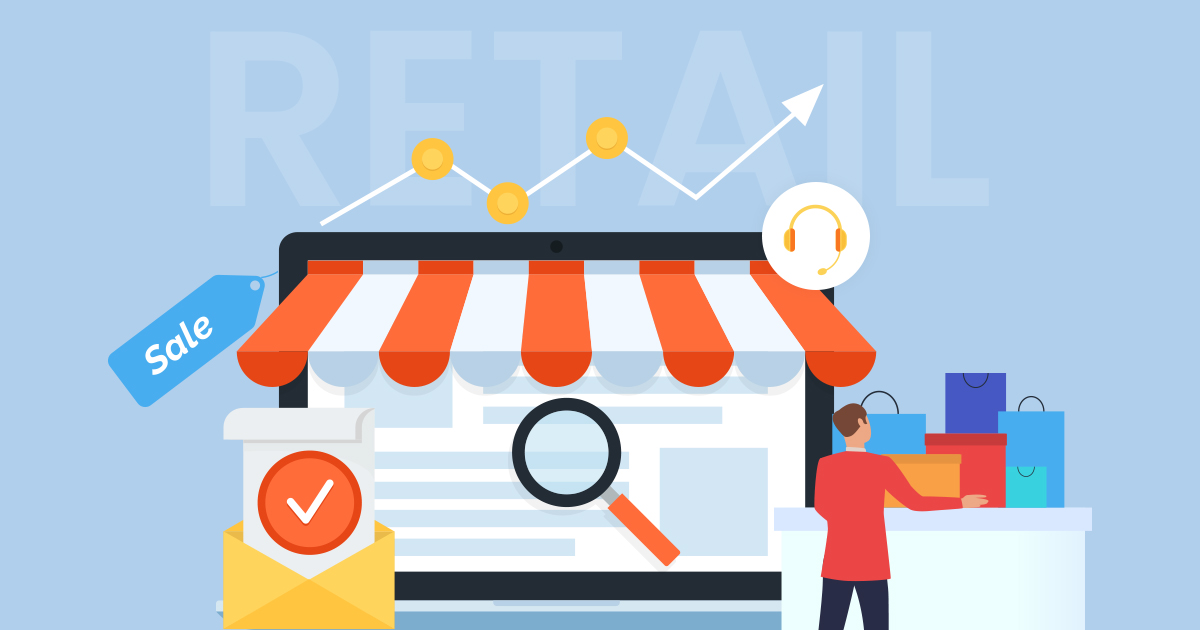
A retail campaign involves a marketing strategy employed by retail businesses to provide customer support, sales assistance, and other related services. Whether it’s helping customers track their orders, suggesting products, or providing post-purchase support, the retail call center campaign aims to provide a seamless and personalized shopping experience.
Types of Campaigns for the Retail Industry
1. Surveys and market research campaigns
Retailers often conduct surveys or market research campaigns to gather customer feedback, opinions, and insights. Call center agents make outbound calls to customers, asking them to participate in surveys or provide feedback on their experience.
2. Sales and up-selling
Some retail call centers focus on sales campaigns, where agents proactively reach out to potential customers or provide product recommendations to existing customers. They aim to drive sales, promote new products, or upsell additional items.
3. Returns and exchanges
This campaign focuses on handling customer requests for returns, exchanges, or refunds. Agents assist customers in understanding the return/ exchange process, initiate return authorizations, and ensure timely resolution of customer concerns.
# Example of a “sales campaign”
“Shop in style, Discover the ultimate retail experience!” Our retail campaign introduces an exclusive collection of trendy fashion, innovative gadgets, and must-have home essentials. With personalized recommendations, limited-time discounts, and a seamless shopping journey, we’ll transform your retail experience. Explore our store today and indulge in the joy of shopping!
Pros
Campaign calling centers in the retail industry are very beneficial as they allow for efficient and effective customer service by handling inquiries, complaints, and requests promptly, ensuring customer satisfaction and loyalty. Let’s know about these mentioned pros and take advantage of them.
- Order processing support
- Market research and feedback
- Efficient customer service
- Enhanced customer engagement
Cons
Campaign calling centers may not offer the same level of in-person assistance as physical stores, making it difficult to address complex product inquiries or provide hands-on support. By addressing these below-mentioned challenges with proper management and support, retailers can effectively leverage the advantages of a call center campaign while minimizing potential drawbacks.
- High call volume
- Lack of In-person assistance
- Limited visual and product display
- Inability to resolve some customer issues
5. Roofing

A roofing campaign in a contact center is a promotional approach implemented to provide customer support, lead generation, and sales assistance. It involves a team of specialized agents who handle incoming and outbound calls related to roofing services.
Types of Campaigns for the Roofing Industry
1. Inquiry and appointment-setting campaigns
Contact centers receive incoming calls from potential customers who are interested in roofing services. Agents provide information about the company, services offered, and pricing and schedule appointments for further consultations or inspections.
2. Emergency roofing service campaigns
Telephony centers handle campaigns dedicated to handling emergency roofing situations. Customers facing urgent issues like leaks, storm damage or other critical problems can call the emergency hotline to receive immediate assistance. Agents coordinate with field teams to ensure quick responses and resolution.
3. Roofing maintenance subscription campaigns
Some roofing companies offer maintenance subscriptions to customers. A call center handles campaigns focused on promoting these subscriptions, explaining the benefits, and assisting customers in signing up for regular roof maintenance services.
5. Upselling and cross-selling campaigns
Customer care centers can support roofing companies by running campaigns focused on upselling or cross-selling additional products or services. Agents engage with customers, identify potential opportunities, and provide information about complementary offerings such as gutter installations, skylights, or insulations.
# Example of an “inquiry campaign”
“Roofing solutions at your fingertips!” Our call center campaign caters to the roofing industry, offering expert guidance and support. Our knowledgeable team is equipped to handle inquiries about roof repairs, installations, and maintenance. With prompt responses, we’re here to protect your home. Contact us today for all your roofing needs!
Pros
This provides efficient lead generation, reaching out to potential customers, and scheduling appointments for roofing assessments or estimates. This helps roofing contractors maintain a steady flow of business opportunities. Overall, a campaign calling centers in the roofing industry brings several advantages which are;
- Lead generation
- Efficient appointment scheduling
- Follow-up and customer retention
- Customer support
- Building positive relationships
Cons
However, there are many cons to consider; one of them is that they may lack the specialized knowledge and expertise needed to address complex roofing inquiries or provide detailed technical information, potentially leading to inaccuracies or customer dissatisfaction. Well, roofing businesses can optimize the benefits of call center campaigns by understanding and improving these below-mentioned cons;
- Inability to access roofing needs
- Dependence on remote communication
- Lack of personalized interaction
- Limited understanding of roofing technicalities
6. Tech & Marketing
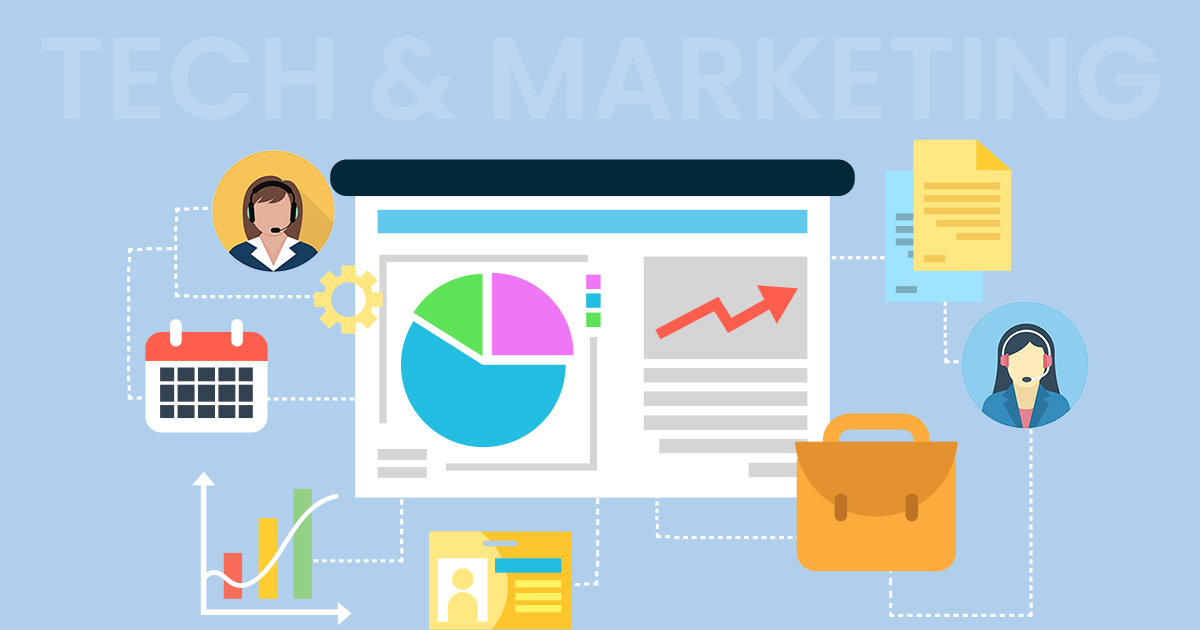
It’s a customer acquisition strategy that is implemented to provide technical assistance. Whether assisting with software installations, troubleshooting hardware issues, or using technology effectively, the technology call center campaign aims to meet the specific needs of technology users.
Types of Campaigns for the Tech Industry
1. Product education and training campaigns
Technology companies often run campaigns to educate customers about their products and provide training on product usage. Call center agents deliver product demonstrations, explain features and functionalities, and address any questions or uncertainties.
2. Product registration and activation campaign
Telephony centers handle campaigns dedicated to assisting customers with product registration and activation processes. Agents guide customers through necessary steps, ensuring that products are properly registered and activated for use.
3. Troubleshooting campaigns
These campaigns focus on providing advanced technical assistance for complex technology products. Call center agents are trained to diagnose and resolve intricate technical problems faced by customers, often leveraging remote access tools or step-by-step guidance.
# Example of “troubleshooting campaigns”
“Tech Support Made Easy, Call Us Today!” Our campaign specializes in providing top-notch technical assistance for the technology industry. From troubleshooting software issues to setting up devices, our skilled agents are here to solve your tech problems. We’ll keep you connected and running smoothly. Reach out to us now!
Pros
Customers receive prompt assistance, enhancing their satisfaction and loyalty, the campaigns present opportunities for sales and upselling, with agents offering personalized recommendations for additional products or services. Some of the pros of technology industry call center campaigns are;
- Technical support
- Customer education
- Sales and upselling
- Product feedback and improvement
- Extended support hours
Cons
To address these cons, technology businesses should invest in comprehensive training for call center agents, and establish clear protocols for escalating complex issues. However, there are some cons to consider when implementing a call center campaign in the technology industry, which are;
- Communication and language barriers
- Lack of personalized on-site support
- Inability to physically assess equipment
- Customer frustration with remote support
7. Real estate
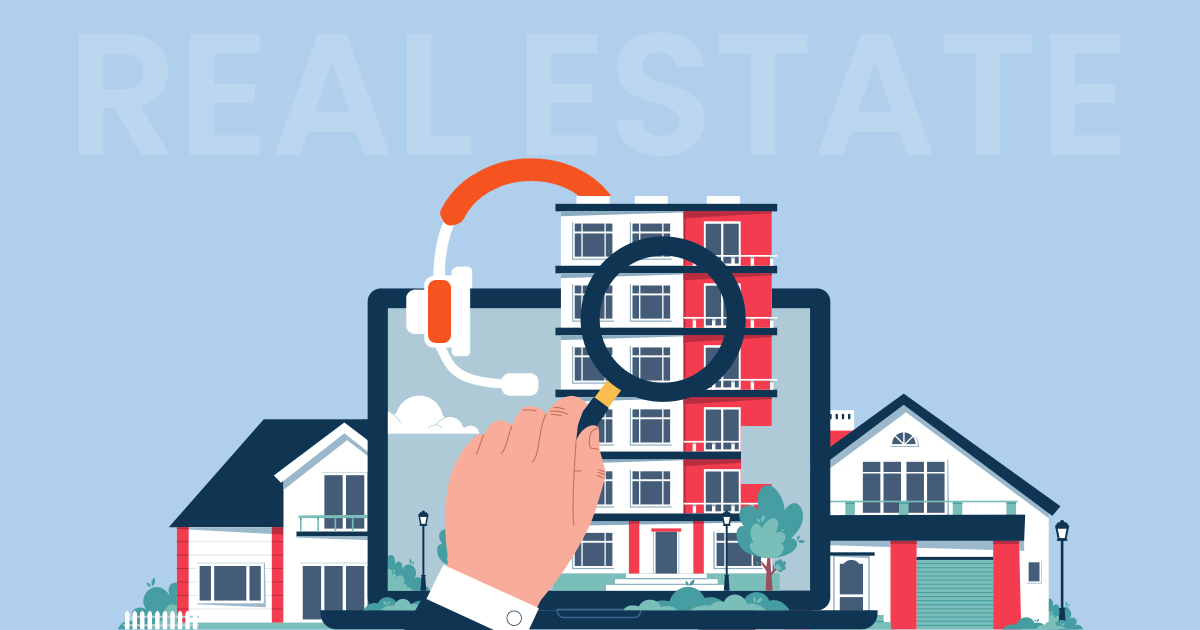
A real estate marketing campaign is utilized to handle incoming and outgoing calls related to various real estate services. Real estate call center campaign agents are equipped with the necessary knowledge and resources to provide potential clients with information about available properties and guide them through the real estate process.
Types of Campaigns for the Real Estate Industry
1. Mortgage and financing campaigns
Contact centers in the real estate industry can handle cold-calling campaigns to assist buyers with mortgage and financing inquiries. Agents provide information about loan options, guide customers through the pre-approval process, and assist with gathering necessary documentation.
2. Lead generation and qualification campaigns
Real estate call centers often run lead-generation campaigns to identify potential buyers or sellers. Agents make outbound calls to targeted leads, gather information about their real estate needs, and qualify them as potential clients for further engagement.
3. Rental property management campaigns
Telephony centers handle campaigns focused on rental property management. Agents assist tenants with inquiries, help with lease agreements, address maintenance concerns, and coordinate with property owners or managers to ensure smooth rental experiences.
4. Property inquiry and information campaigns.
Customer care centers are crucial in handling incoming calls from prospective buyers interested in specific properties. Agents provide information about available properties, answer questions, and schedule property viewings or appointments with real estate agents.
# Example of “Property Market Inquiry Campaign”
“Find your dream home with a single call !” Our campaign is dedicated to the real estate industry, helping you navigate the property market seamlessly. With our vast network and expertise, we’ll guide you towards your perfect home. Contact us today and start your real estate journey!
Pros
By leveraging call center services, companies can reach out to many potential clients, increasing their chances of finding qualified leads. This helps build brand awareness and loyalty, increasing conversion rates and business growth.
Some of the pros are mentioned in bullet points which are;
- Efficient lead generation
- Brand building
- Quick response time
- Measurable results
- Cost-effective marketing
Cons
- Compliance and privacy concerns
- Staff turnover
- Rejection and burnout
- Limited control
- Negative customer perception
8. Solar

A solar campaign involves inbound and outbound calls related to solar energy services. By leveraging a call center campaign, solar energy companies can connect with a wider audience and assist them in transitioning to clean and sustainable energy sources.
Types of Campaigns for the Solar Industry
1. Solar consultation and proposal campaigns
Customer service centers handle campaigns that provide solar consultations and generate customized proposals for interested customers. Agents gather information about the customer’s energy consumption, evaluate roof suitability, and provide detailed proposals highlighting the benefits and savings of solar energy specific to their property.
2. Financing and incentive campaigns
Service desk in the solar industry may run campaigns dedicated to explaining financing options and available incentives for adopting solar energy. This campaign makes us understand about government incentives and tax credits.
3. Solar awareness campaigns
Customer communication hubs handle campaigns that educate customers about solar energy and raise awareness of its benefits. We learned more about the environmental advantages, cost savings, and long-term benefits of solar energy adoption. They can also conduct virtual or in-person educational webinars or events.
# Example of “solar campaign”
“Embrace solar energy, call for a greener future!” Our campaign promotes sustainable energy solutions. Our knowledgeable team is here to educate and assist you in adopting solar power. We’re committed to making your transition to solar energy smooth and rewarding. Make the call and join the renewable revolution today!
Pros
The well-executed solar campaign calling center can generate high conversion rates, establish trust, and contribute to business growth. The personalized nature of contact center interactions enables agents to address specific customer needs and provide tailored information.
- Immediate feedback
- Building trust
- Targeted outreach
- High conversion rates
Cons
Some customers may perceive unsolicited calls as intrusive or annoying, which can negatively impact the reputation of the solar company. It’s essential to ensure the reliability of call center technology and infrastructure to prevent disruptions to operations.
- Do-Not-Call lists
- Improper agent training
- Call volume
- Customer resistance
How to run a Successful Call Center Campaign?
Running a successful contact center campaign requires careful planning, effective management, and a focus on delivering excellent customer service. Here are some key steps to help you run a successful call center campaign:
Define campaign goals. Clearly define the goals of your call center campaign. Determine what you want to achieve, whether it’s increasing sales, improving customer satisfaction, generating leads, or resolving specific customer issues. Setting clear goals will guide your campaign strategy.
Identify the target audience. Identify your target audience for the campaign. Understand their demographics, preferences, and pain points. This information will help you tailor your messaging and approach to engage and address their needs effectively.
Train and equip agents. Ensure your call center agents are well-trained and equipped with the necessary knowledge and skills to handle the campaign. Provide them with thorough product or service training, effective communication techniques, and proper call-handling procedures.
Develop a script or call guide. Create a script or call guide that outlines the key points and objectives of the campaign. This will provide agents with a structured framework to follow while allowing personalized customer interactions. The script should be flexible enough to adapt to various customer scenarios.
Monitor and coach. Regularly monitor agent performance during the campaign. Provide constructive feedback and coaching to help them improve their skills and achieve better results. Identify areas where agents might need additional support or training.
Utilize technology tools. Leverage call center technology tools to enhance the efficiency and effectiveness of your campaign. This may include customer relationship management (CRM) systems, automated dialers, call recording and monitoring software, and knowledge bases to assist agents in providing accurate information.
Implement quality assurance measures. Establish quality assurance processes to ensure consistent service delivery and adherence to campaign goals. Monitor call recordings, conduct evaluations, and track key performance indicators (KPIs ) to identify areas for improvement and maintain high-quality standards.
Analyze data and insights. Track and analyze campaign data to gain insights into its effectiveness. Measure KPIs such as call duration, conversion rates, customer satisfaction, and agent performance. Use this data to make informed decisions and adjustments to maximize campaign success.
Adapt and optimize. Continuously assess and adapt your campaign strategy based on the feedback and results you receive. Be open to making necessary adjustments to improve performance and meet campaign goals. This may include tweaking scripts, refining agent training, or modifying target audience segments.
Provide ongoing support. Offer ongoing support to agents during the campaign. Address any challenges they may face, provide regular feedback, and create a supportive work environment that encourages collaboration and continuous learning.
Useful features to consider for call center campaigns
When setting up a contact center campaign, there are several useful features to consider that can enhance efficiency, improve customer satisfaction, and optimize overall performance. Here are some features you should consider;
- Campaign management. A robust campaign management feature allows you to create, schedule, and manage multiple campaigns simultaneously.
- Automated dialing. Automated dialing features, such as predictive dialing or power dialing, automatically dial a list of numbers, optimizing agent productivity by reducing idle time and connecting them with live contacts.
- Call scripting. Call scripting tools enable you to create predefined scripts for agents to follow during conversations. This ensures consistency, helps agents deliver key messaging, and guides handling different scenarios or objections.
- Lead and contact management. Effective lead and contact management features allow you to import, organize, and segment customer data.
- Performance analytics and reporting. Robust analytics and reporting capabilities provide insights into campaign performance, such as call volumes, conversion rates, and agent performance.
- Automated follow-ups. Automated follow-up features allow you to schedule and send automated emails or reminders to contacts based on specific triggers or actions.
- Multi-channel campaign support. A versatile call center platform should support multi-channel campaigns, including voice, email, SMS, social media, and more.
- Personalization and dynamic content. The ability to personalize campaign messages and dynamically insert customer-specific information enhances engagement.
- Integration with CRM systems. Integrating your call center campaign software with customer relationship management (CRM) systems allows seamless access to customer data, history, and interactions.
Conclusion
Well, contact center campaigns are integral to the success of modern businesses, enabling them to connect with customers, build relationships, and achieve their goals. By implementing these top eight industry-specific campaigns, your business can drive revenue growth and increase operational efficiency.
